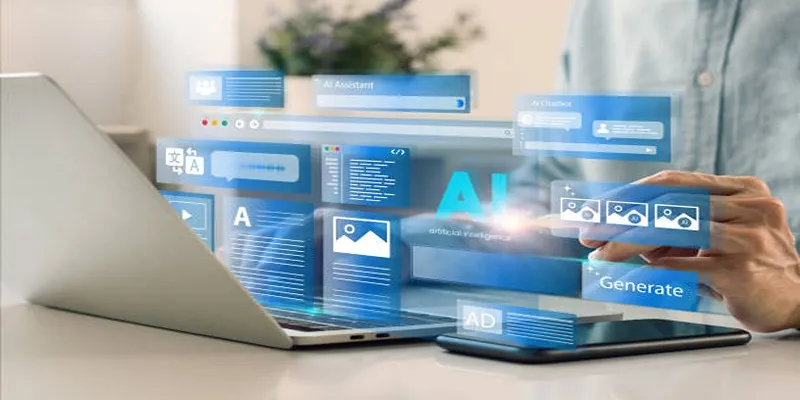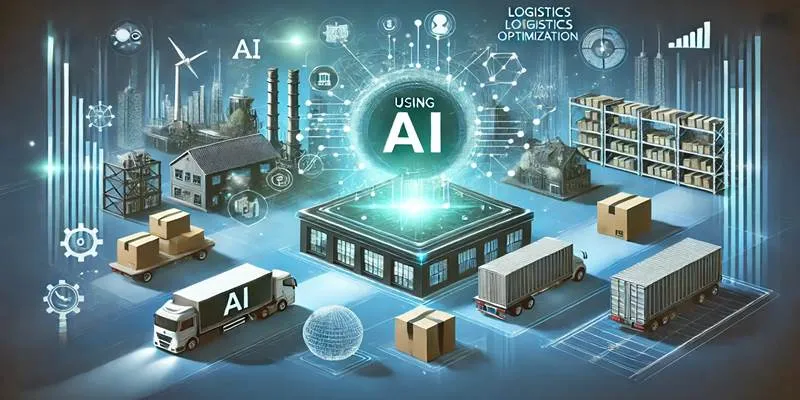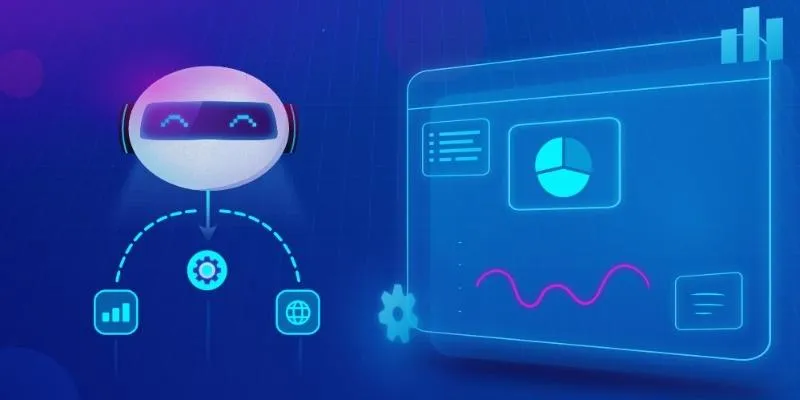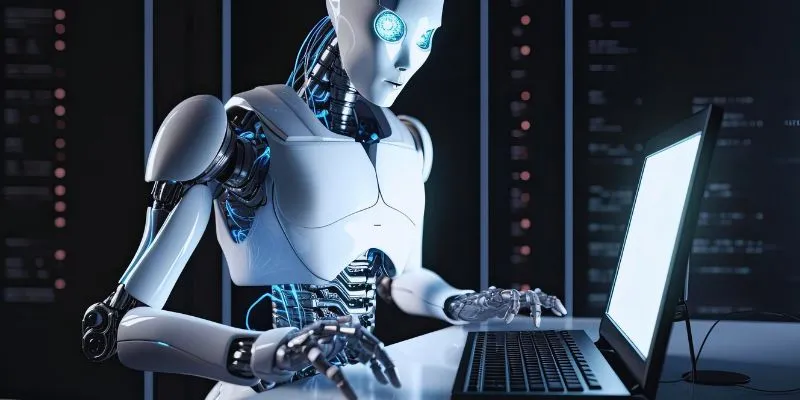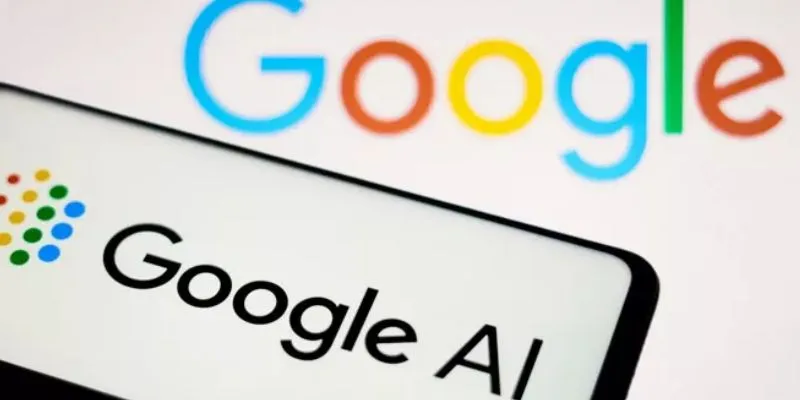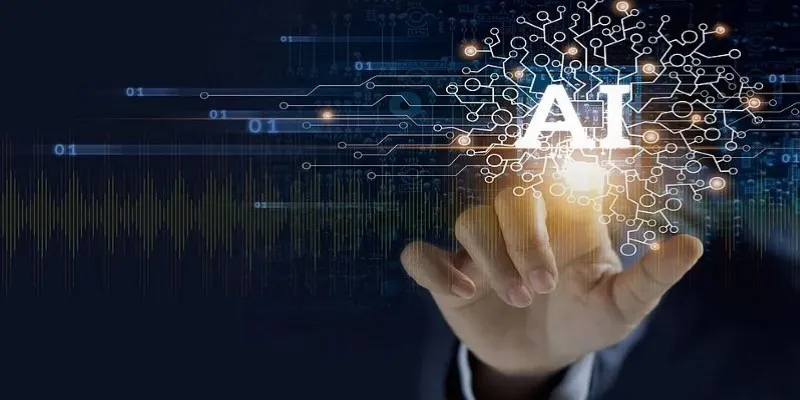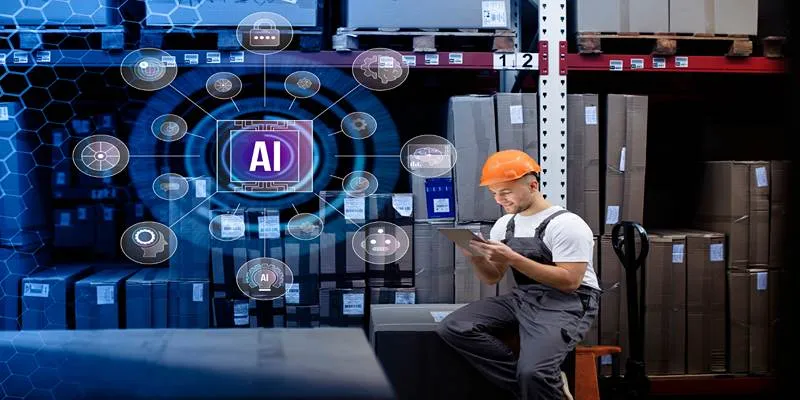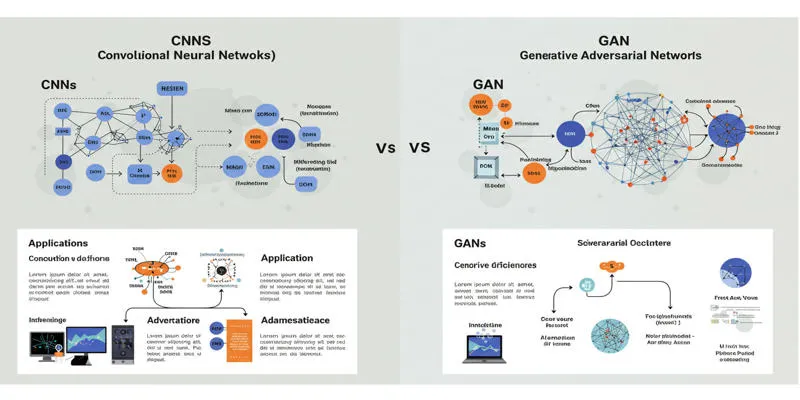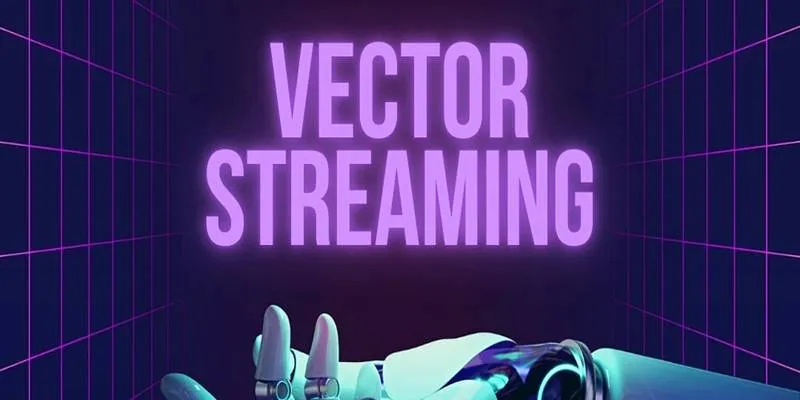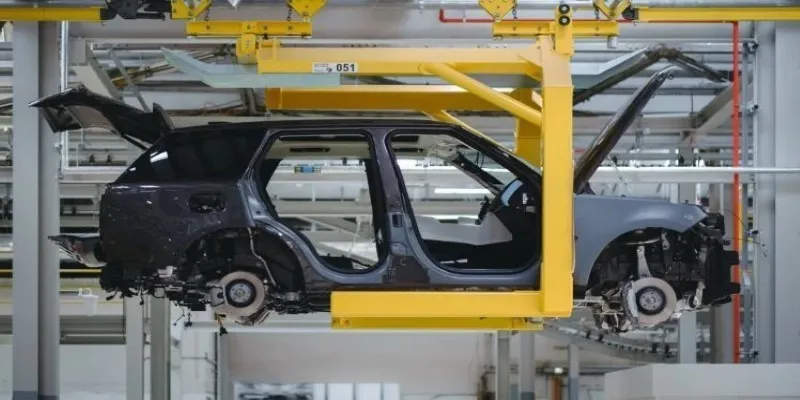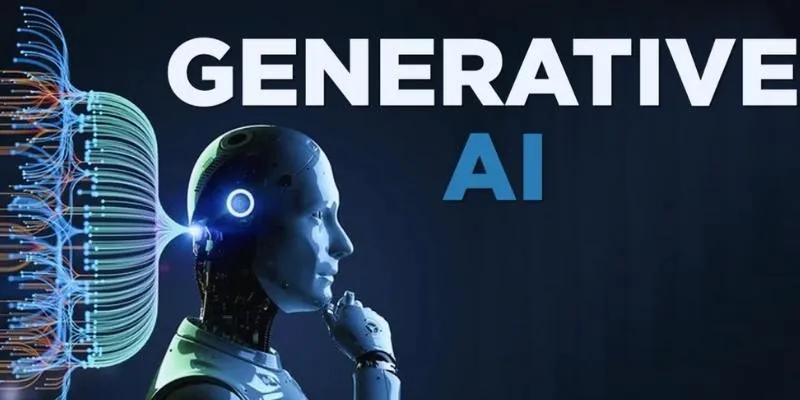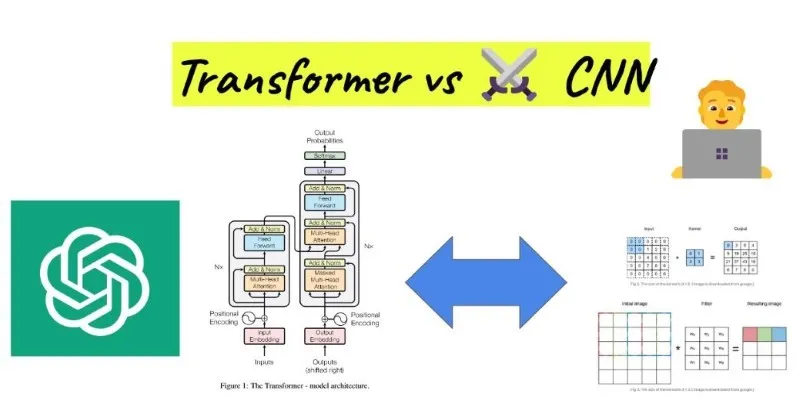Artificial intelligence (AI) is revolutionizing various fields, and human resources (HR) is one of them. AI has evolved from a mere concept in talent management to a powerful tool that transforms how companies hire, retain, and develop their workforce. Rather than replacing HR professionals, AI enhances their capabilities by automating mundane tasks, providing real-time insights, and enabling smarter decision-making. This article explores how AI is reshaping the future of recruitment and how companies can leverage these changes to maintain a competitive edge.
Understanding AI in Talent Management
AI in talent management involves leveraging technologies such as machine learning, natural language processing, and predictive analytics to optimize HR processes. These systems can quickly analyze large data sets and identify patterns that are challenging for humans to detect.
Instead of relying on intuition or outdated methods, talent management teams now utilize AI-driven tools to make informed decisions in recruitment, onboarding, performance evaluation, employee engagement, and more.
Why AI is Integral to Modern HR
The traditional talent management model is often slow, reactive, and biased. AI revolutionizes this by providing real-time, data-driven support. Companies are integrating AI because it enables them to:
- Streamline hiring processes and reduce time-to-hire
- Identify high-potential candidates using predictive models
- Monitor employee engagement and address early warning signs
- Deliver personalized training based on skill gaps
- Improve retention rates through proactive talent planning
These advantages prompt more HR departments to adopt AI-powered tools in their daily operations.
Key Areas Where AI Makes a Difference
Recruitment and Candidate Screening
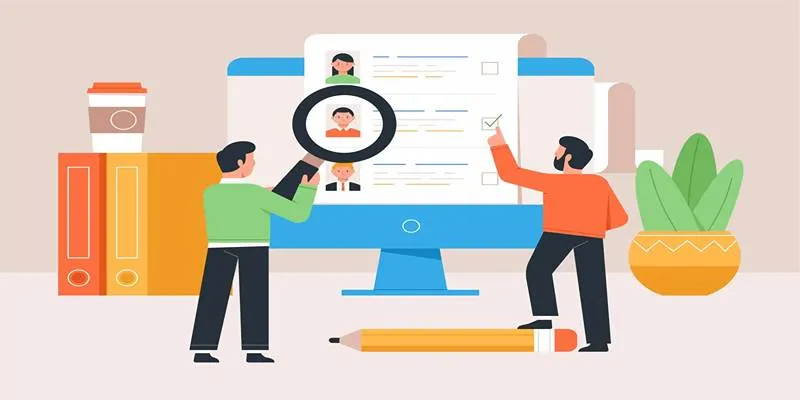
One of AI’s most significant impacts is in recruitment. Manually sifting through thousands of resumes is time-consuming and inefficient. AI tools assist hiring teams by:
- Automatically scanning resumes for keywords and qualifications
- Ranking candidates based on job description matches
- Predicting candidate performance using historical data
These tools not only save time but also help reduce unconscious bias by focusing on data rather than assumptions.
Onboarding and First Impressions
Following a successful hire, the onboarding process is crucial. AI-driven systems can automate many steps, such as:
- Sending personalized welcome messages
- Scheduling training sessions
- Tracking onboarding progress
- Answering FAQs through AI chatbots
This creates a smoother experience for new hires, helping them settle into their roles more quickly.
AI Enhancing Employee Engagement
Employee engagement is vital for productivity and retention. AI supports this by collecting and analyzing feedback from various sources—surveys, performance metrics, and communication tools—to identify patterns indicating low engagement or potential issues.
Understanding Employee Sentiment
Modern AI tools can assess employee sentiment by analyzing communication tones or responses to engagement surveys. These insights allow HR teams to take proactive measures to improve workplace satisfaction.
Examples of AI in engagement include:
- Detecting stress or dissatisfaction in employee communication
- Recommending team-building activities or role changes
- Offering real-time feedback and recognition systems
Supporting Personalized Growth and Learning
Every employee has unique strengths, weaknesses, and career goals. AI assists HR teams in providing personalized development paths based on performance data, job roles, and learning history.
Tailored Learning and Skill Development
AI-driven learning management systems (LMS) suggest specific training modules suited to an employee’s needs. For instance, if someone exhibits leadership potential, the system might recommend courses on management or communication.
Benefits of AI in employee development:
- Reduces time spent choosing training programs
- Boosts employee motivation through relevant learning
- Aligns training with business goals
Predictive Talent Management and Workforce Planning
AI also aids companies in forecasting workforce trends. Predictive analytics tools analyze internal and external data to:
- Anticipate turnover risks
- Identify future skill shortages
- Recommend internal candidates for promotion
- Plan succession strategies
This enables organizations to prepare for changes rather than react to them.
Challenges and Ethical Considerations
While AI offers numerous benefits, it also raises concerns. Companies must exercise caution and responsibility when implementing AI in HR.
Potential Bias in Algorithms
If AI tools are trained on biased historical data, they may perpetuate those biases. For example, if previous hiring favored a certain demographic, the AI might unknowingly do the same.
How to reduce bias:
- Regularly audit algorithms for fairness
- Use diverse training datasets
- Combine AI outputs with human judgment
Privacy and Transparency

AI systems collect sensitive employee data, raising privacy issues. Employees have the right to know how their data is used and how decisions are made.
Key actions to build trust:
- Be transparent about AI usage in HR
- Comply with data protection regulations (like GDPR)
- Allow employees to opt-out of non-essential monitoring
The Future Outlook of AI in Talent Management
AI will increasingly play a significant role in HR, not by replacing people, but by acting as a co-pilot—enhancing HR professionals’ decision-making and allowing them to focus on human relationships and long-term strategies.
Emerging Trends in AI and HR
- Emotional AI : Tools that detect employee emotions and suggest supportive actions
- AI career coaches : Platforms offering career advice and skill-building recommendations
- Advanced workforce planning : Predicting market shifts and aligning talent strategies accordingly
These innovations indicate a future where HR is more data-driven, proactive, and people-centered than ever before.
Conclusion
AI is no longer just a futuristic concept in talent management—it’s a present- day reality transforming every stage of the employee lifecycle. From smarter recruitment and onboarding to real-time engagement tracking and personalized learning, AI enables HR teams to operate with more precision, fairness, and efficiency. However, as AI adoption grows, it’s vital to balance technology with ethics. Organizations must ensure transparency, data privacy, and fairness to gain the full trust of their workforce.
 zfn9
zfn9
